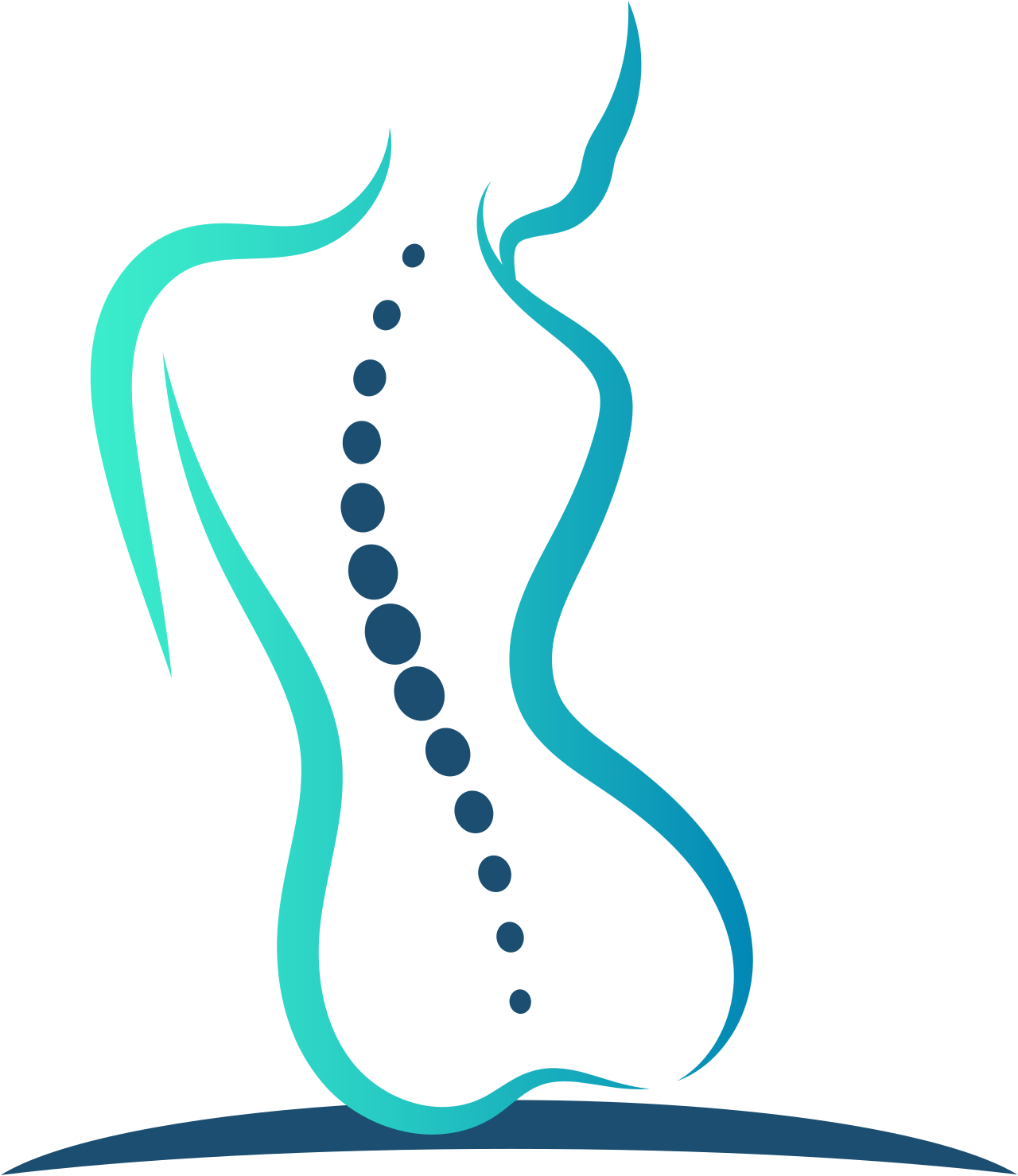What you should do if you have a herniated disc
Back pain is a prevalent issue that we help many patients with, and one of the most common and debilitating causes of back pain is a herniated disc. This condition can significantly impact your quality of life, making even the simplest tasks challenging. In this blog post, we'll explore what a herniated disc is, the signs and symptoms to look out for, how it's diagnosed and the various treatment options available. We'll also discuss lifestyle changes, preventive measures and share inspiring personal stories to help you live well despite having a herniated disc.
Signs and symptoms of a herniated disc
One of the most critical aspects of managing a herniated disc is recognizing the signs and symptoms early. Common symptoms include:
Acute pain: A sudden debilitating pain that happens during physical activity (a feeling of "tweaking" or "throwing out" your back).
Chronic pain: Pain lasting two or more weeks that makes it difficult to complete normal activities. Usually occurs due to an acute pain incident.
Numbness: Typically occurring on one side of the body, the pain may extend from your lower back down to your leg (sciatica).
Weakness: Muscles served by the affected nerves may weaken, affecting your ability to hold or lift items.
Tingling and burning sensations: These sensations often accompany the pain and can be persistent or intermittent.
Understanding these symptoms is crucial for seeking timely medical intervention.
Diagnosing a herniated disc
If you suspect you have a herniated disc, the first step is to consult a healthcare professional. Here's the process Dr. Edrick Lopez generally follows with our patients:
Medical history and physical exam: Your doctor will review your medical history and perform a physical examination to assess your symptoms.
Imaging tests: Techniques such as MRI or CT scans provide detailed images of your spinal column, helping to pinpoint the exact location of the herniated disc.
Neurological tests: These tests evaluate your nerve function and reflexes to determine the extent of nerve damage.
Early and accurate diagnosis is key to effective treatment of back pain, so the sooner you see a pain management specialist, the more quickly you can receive treatment that works for you.
Traditional and innovative treatment options
Treatment for a herniated disc can range from conservative methods to more advanced interventions. Here are some options:
Physical therapy: Exercises tailored to strengthen the muscles supporting your spine.
Medications: Anti-inflammatory drugs and muscle relaxants can help manage pain and inflammation.
Injections: Corticosteroid injections can reduce inflammation and ease pain. In some cases, a nerve block injection may be recommended.
Surgical options: In severe cases, procedures like microdiscectomy or spinal fusion may be necessary.
Innovative treatments such as regenerative medicine and minimally invasive surgeries are also becoming increasingly popular.
Lifestyle changes and home remedies
Making certain lifestyle adjustments can significantly enhance your recovery and overall well-being. Consider the following:
Maintain a healthy weight: Excess weight puts additional strain on your spine.
Practice good posture: Proper alignment can prevent further injury.
Stay active: Low-impact activities like walking or swimming can be beneficial.
Home remedies such as heat and cold therapy, gentle stretching, and over-the-counter pain relievers can also provide relief.
Tips for preventing future herniated discs
Prevention is always better than cure. Here are some strategies to minimize the risk of another herniated disc:
Strengthen core muscles: A strong core supports your spine and reduces the likelihood of injury. Core muscles include your abdominals, obliques, lower back and glutes.
Lift properly: Always bend at your knees and lift with your legs, not your back, when lifting heavy objects.
Stay hydrated: Proper hydration maintains the elasticity and health of your spinal discs.
Incorporating these habits into your daily routine can make a significant difference.
A pain management specialist like Dr. Edrick Lopez can help with a herniated disc
A herniated disc can be a daunting diagnosis, but it doesn't have to control your life. By understanding the condition, recognizing the signs and symptoms, seeking timely diagnosis, and exploring various treatment options, you can effectively manage your pain and improve your quality of life. If you've been suffering from back pain from a herniated disc and are curious about treatment options that may help you achieve a better quality of life, don't hesitate to contact us at DFW Interventional Pain Institute. Dr. Lopez and our staff currently help many patients with their back pain and would love to help you get back to living your best life.

